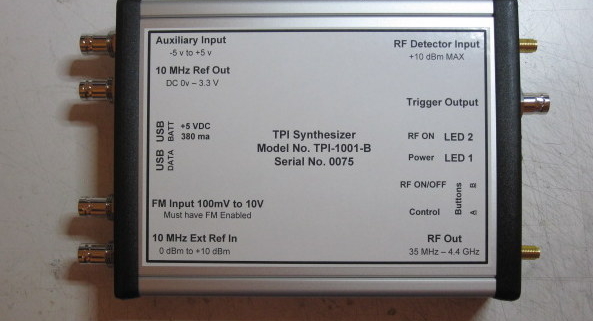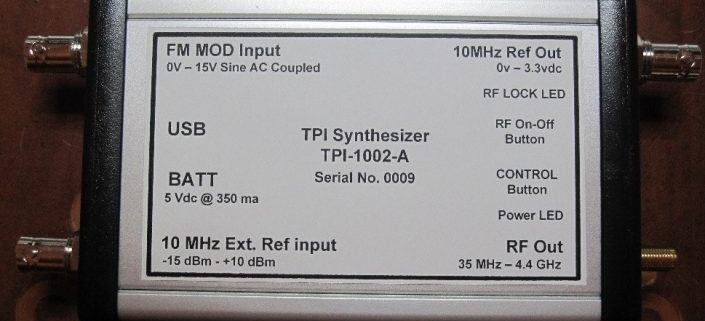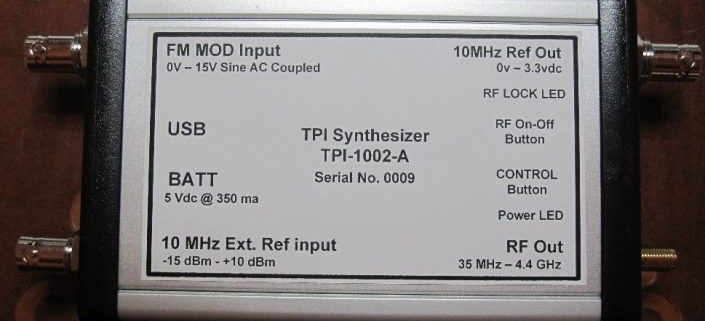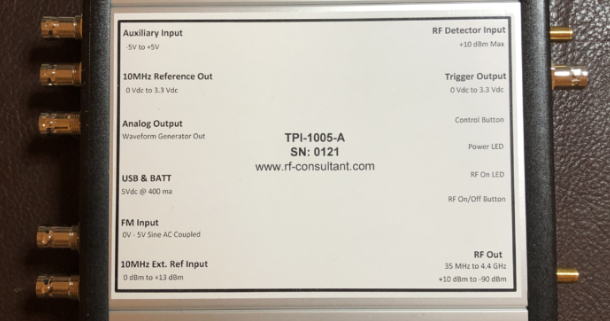RF test equipment is one of the most used tools in the telecommunication, aerospace, defense, and electronics manufacturing industries. When working on signal analysis, spectrum monitoring, or 5G network development, the right kind of RF test equipment is what matters to be able to deliver accurate measurements and reliable performance. With so many tools available in the market, it can become very confusing for a person as to which is the best. Here are the top five features to prioritize when selecting RF test equipment to maximize efficiency and accuracy.
1. Check For Frequency Range
The type of signals that a device measures depends on the frequency range of the RF test equipment. In this case, you may need a device that can support a wide range, like a device with low frequency for industrial applications or with high frequency for advanced technologies such as 5G or even for satellite communication.
For instance, in the case of testing 5G networks, you may need RF test equipment that will handle millimeter-wave frequencies starting from 24 GHz and beyond. The specific frequency bands in use should align with the kind of equipment selected to avoid constraints in the kind of testing done.
2. Look for Accuracy
Accurate and precise measurements are crucial to any RF testing scenario. Even the smallest errors in RF measurement cause more significant problems in the design, development, or performance of the system. Look for equipment with high sensitivity to detect weak signals.
3. Signal Analysis Capability
Advanced signal generator analysis is a key feature in RF test equipment, especially for applications like wireless communication and radar systems. Look for tools that offer comprehensive analysis capabilities, such as:
- Spectrum Analysis
- Power Measurement
Quality RF test equipment should give you as much detail about signal behavior as possible, which will help you troubleshoot and optimize system performance.
4. Connectivity and Data Integration
In today’s data-driven world, RF test equipment must support seamless connectivity and data sharing. Features like USB, Ethernet, or Wi-Fi connectivity enable real-time data transfer and remote monitoring. Software integration for data analysis and reporting is also available, making workflows much more efficient and helping make the right decisions at the right time.
Final Thoughts
Whether you are designing advanced wireless systems or troubleshooting complex networks, the right RF test equipment is a critical step to success. By focusing on these features, you can ensure your testing process is efficient, accurate, and future-ready. Contact the RF Consultant today for all the wireless consultant stuff and a lot more.





